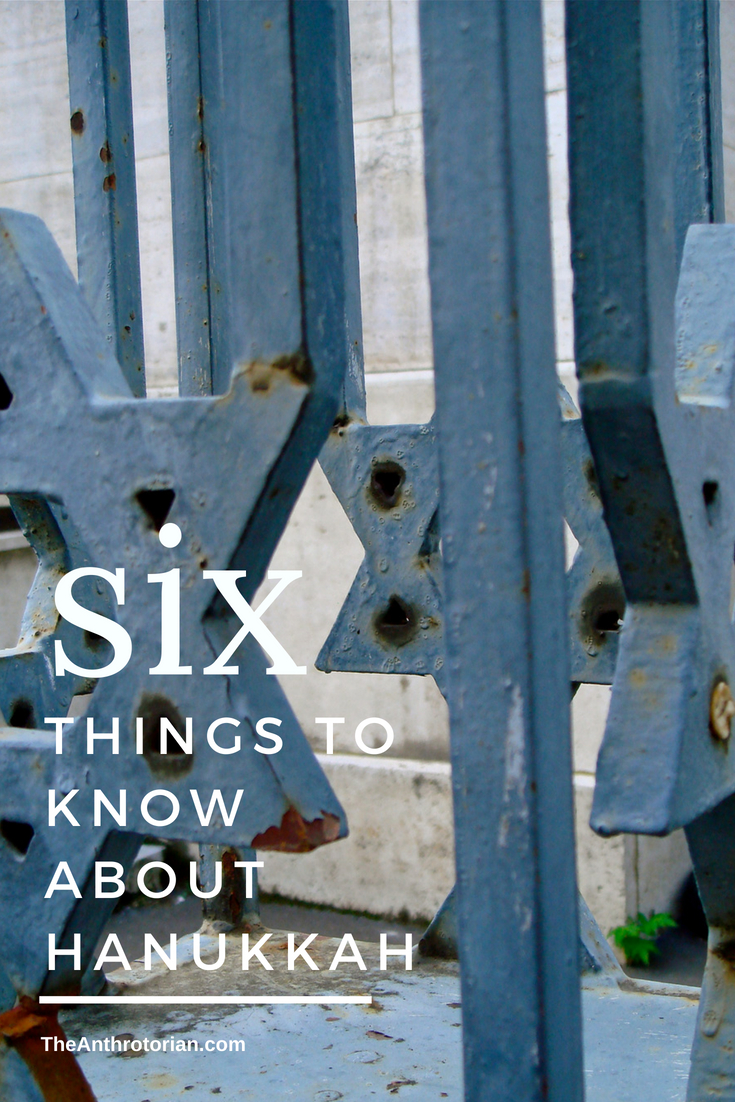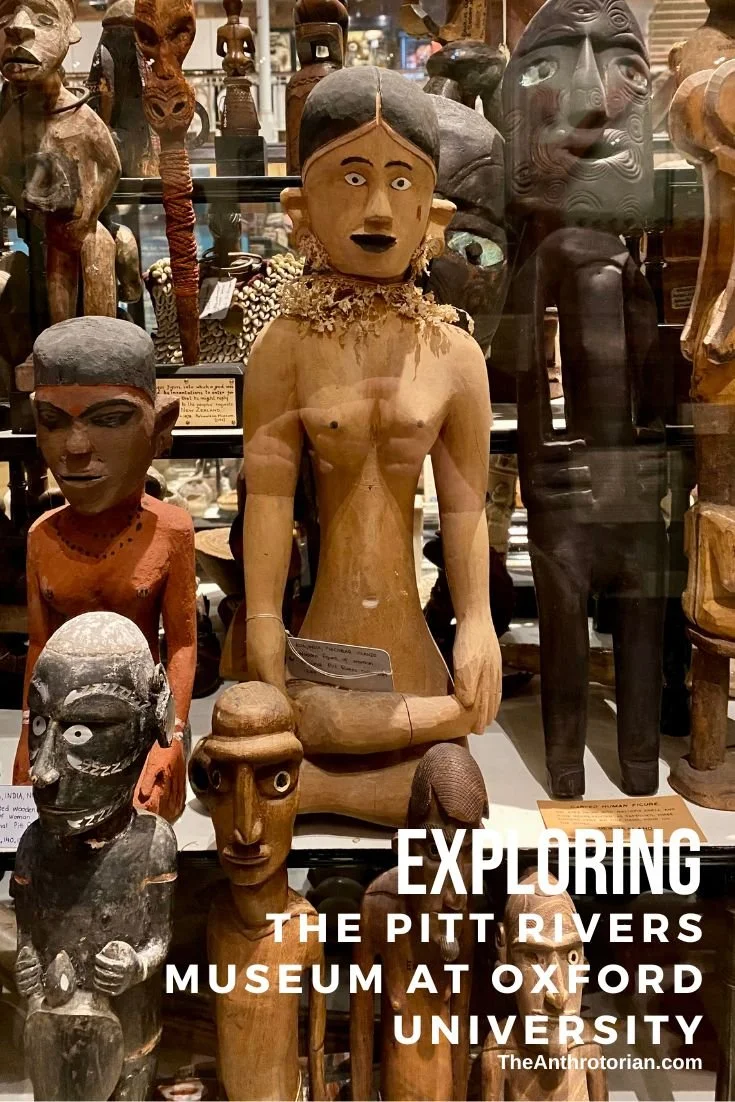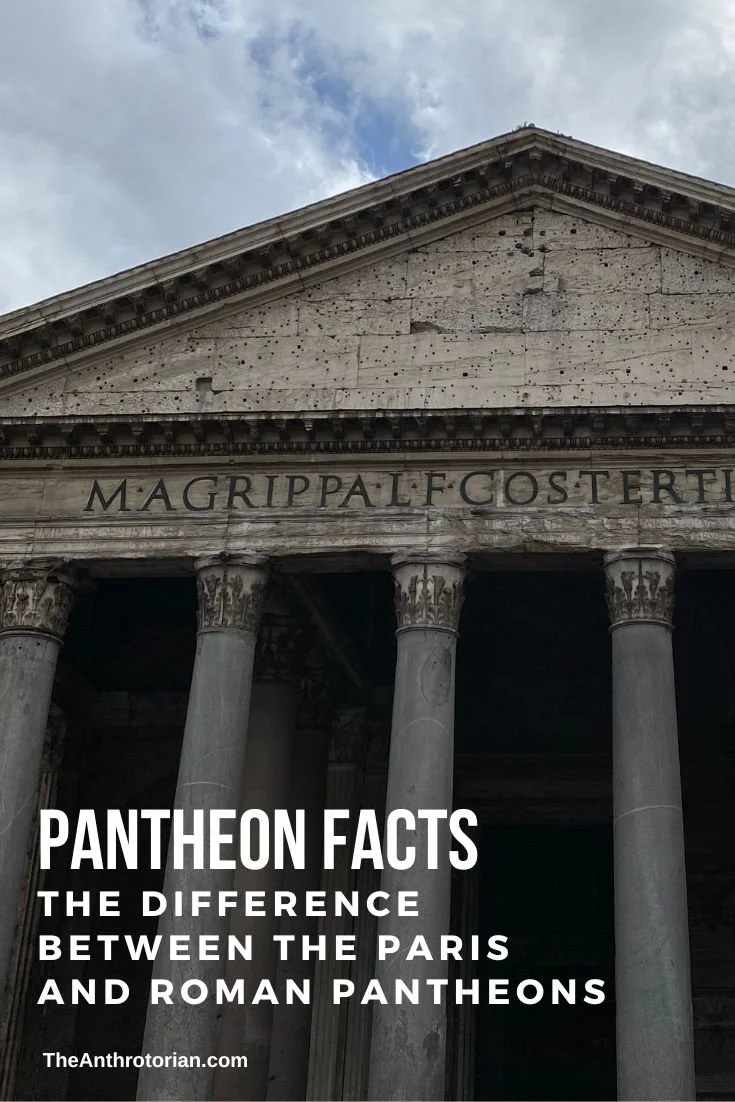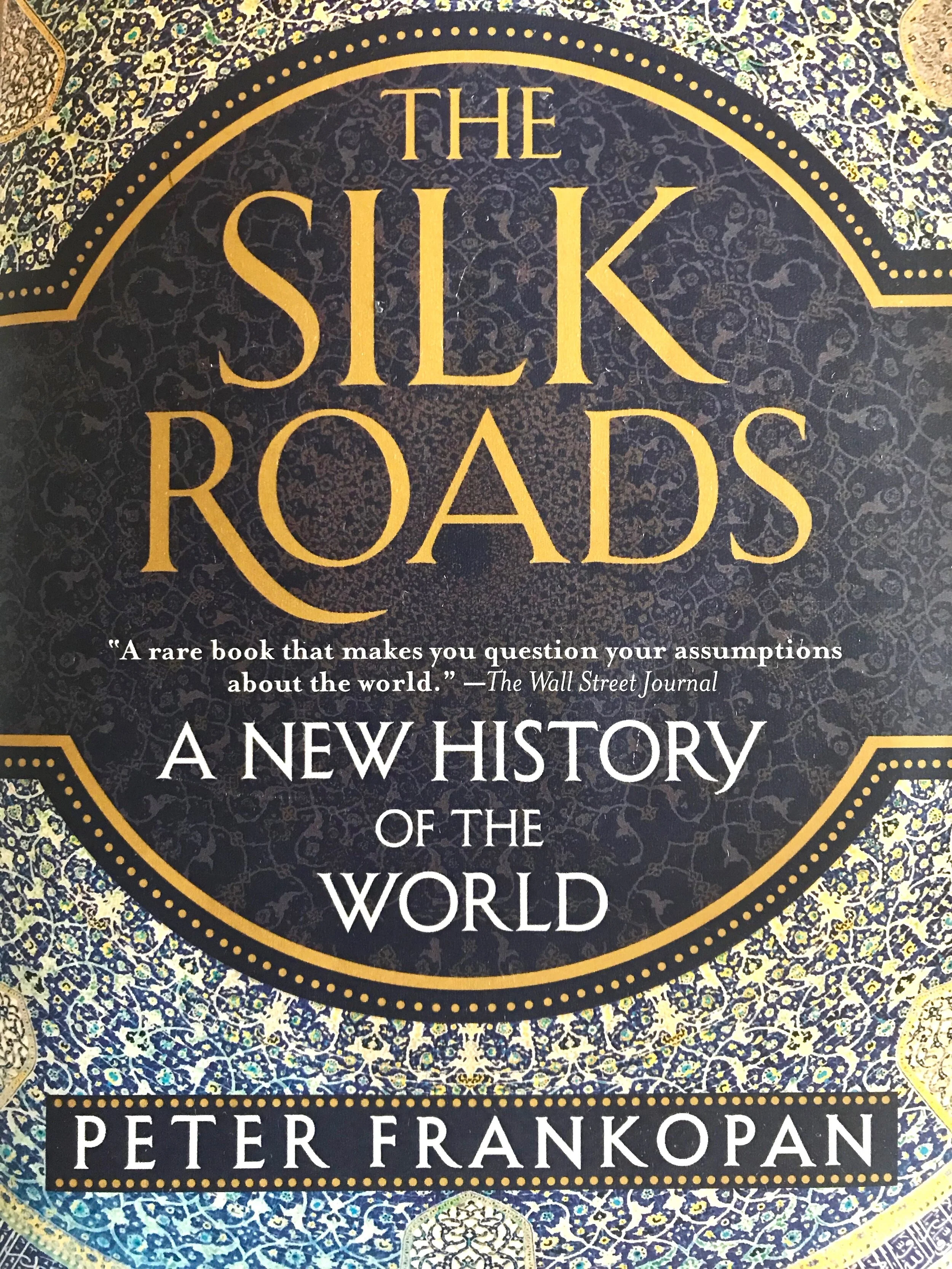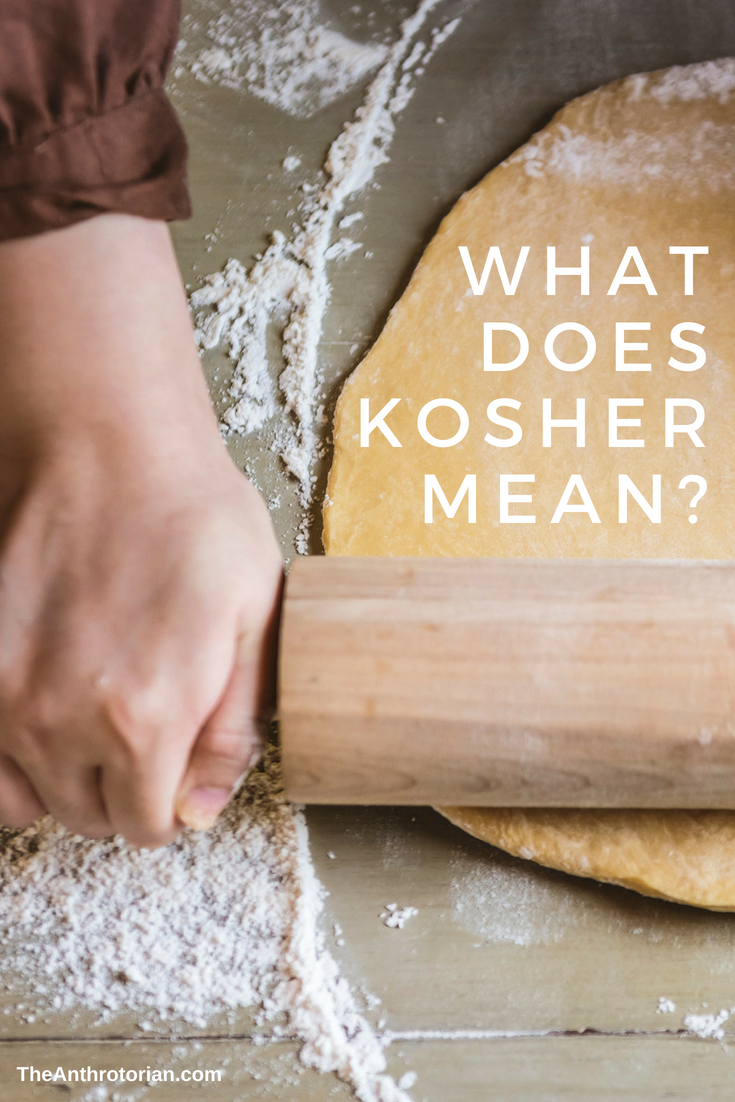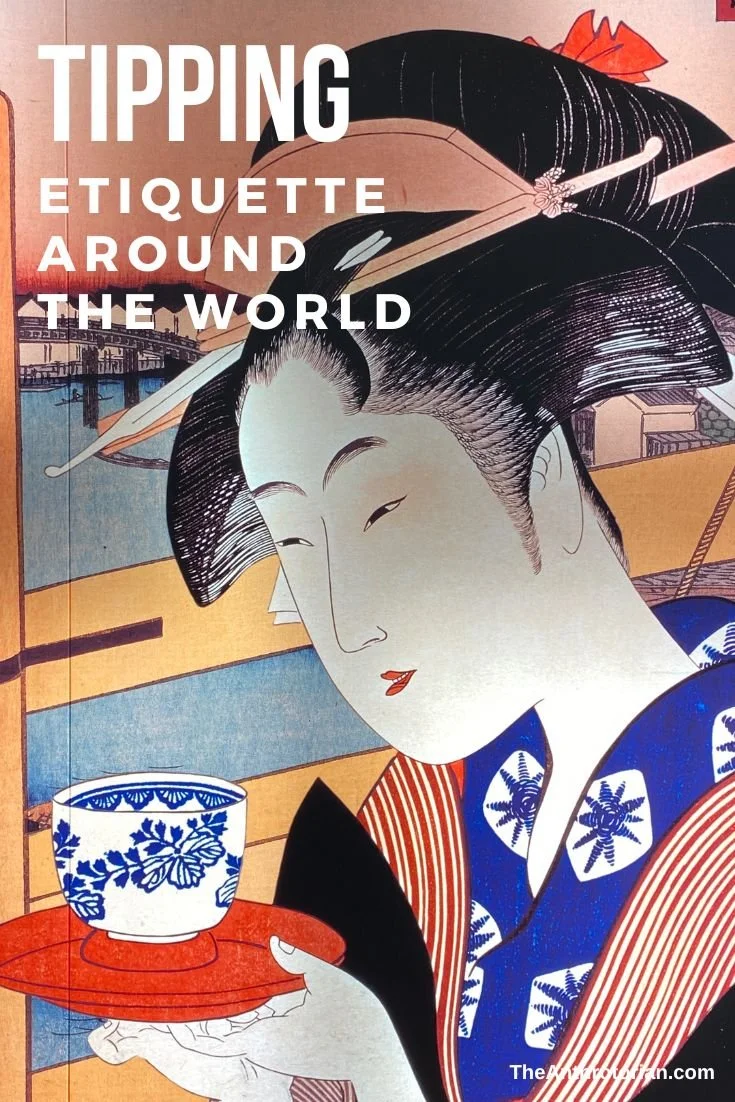1. This Jewish holiday always runs for eight days starting on the 25th day of the Jewish month of Kislev.
2. It began during the rule of Antiochus IV who desecrated a Jewish temple by sacrificing pigs on the altar (check out my post What Does Kosher Mean Anyway? to find out why this was a big deal). The Jewish people banded together and revolted, taking the temple back. At the time of rededication there was almost no oil left that had not been desecrated, and oil was needed for the menorah that was supposed to burn through the night. Though there was only enough for one day, it burned for eight and as a result, an eight-day festival was declared to celebrate the miracle.
3. The only religious observance related to this holiday is the lighting of candles arranged in the candelabrum (menorah). They are lit from right to left (like how the Hebrew language is read) and can be lit anytime after dark before midnight. The candles can be blown out 1/2 an hour after they are lit or can be left to burn out on their own.
4. Giving small gifts on each day of Hanukkah is not a part of the religious ritual, but is an influence from the Christian tradition of gift-giving at this time of year. Because of its close proximity to Christmas, Hanukkah is often called the Jewish Christmas.
5. Fried food is eaten during this time of year because of the significance of oil to the holiday.
6. The game played with a dreidel at this time of year is actually a gambling game — it is not just a child's toy!

